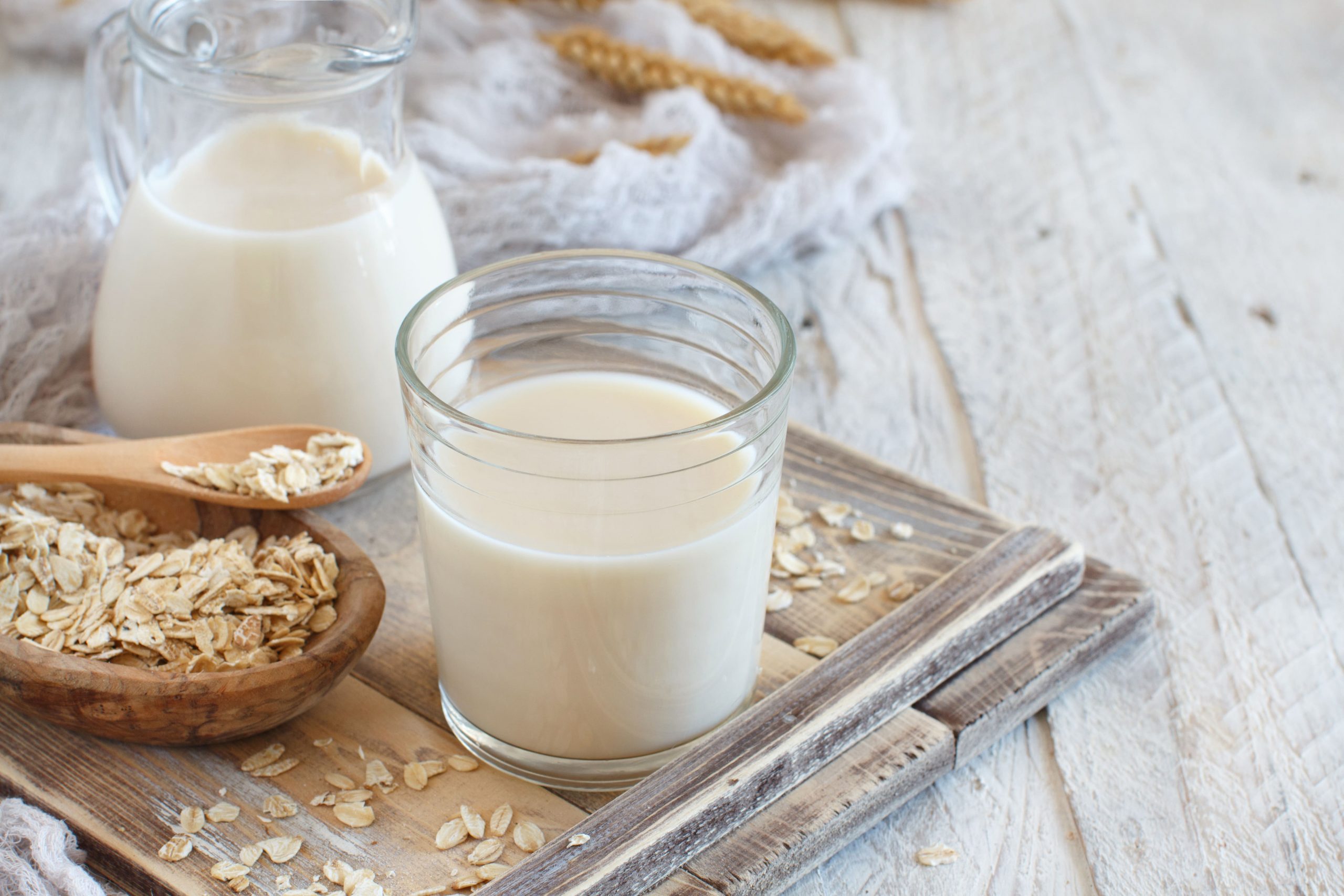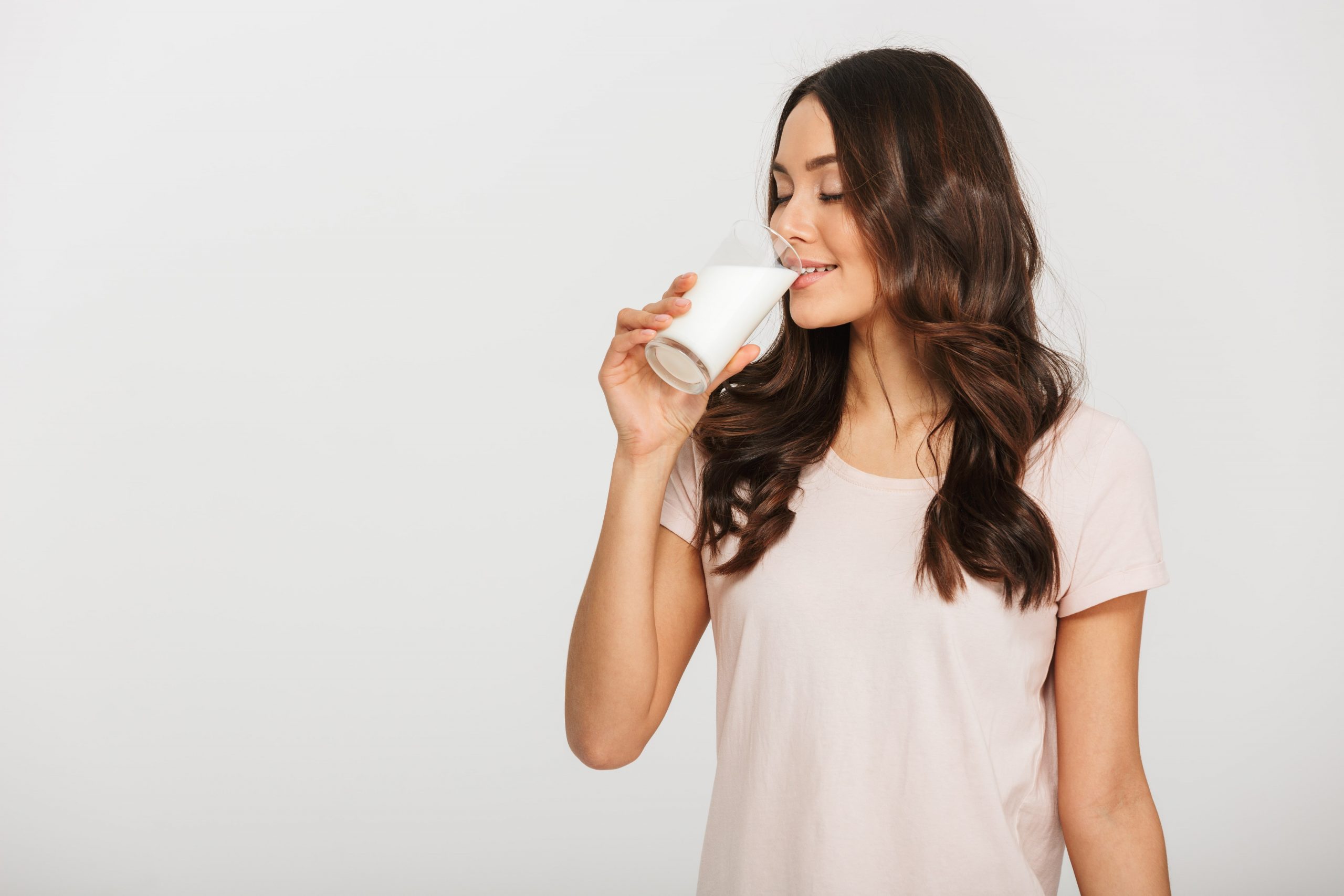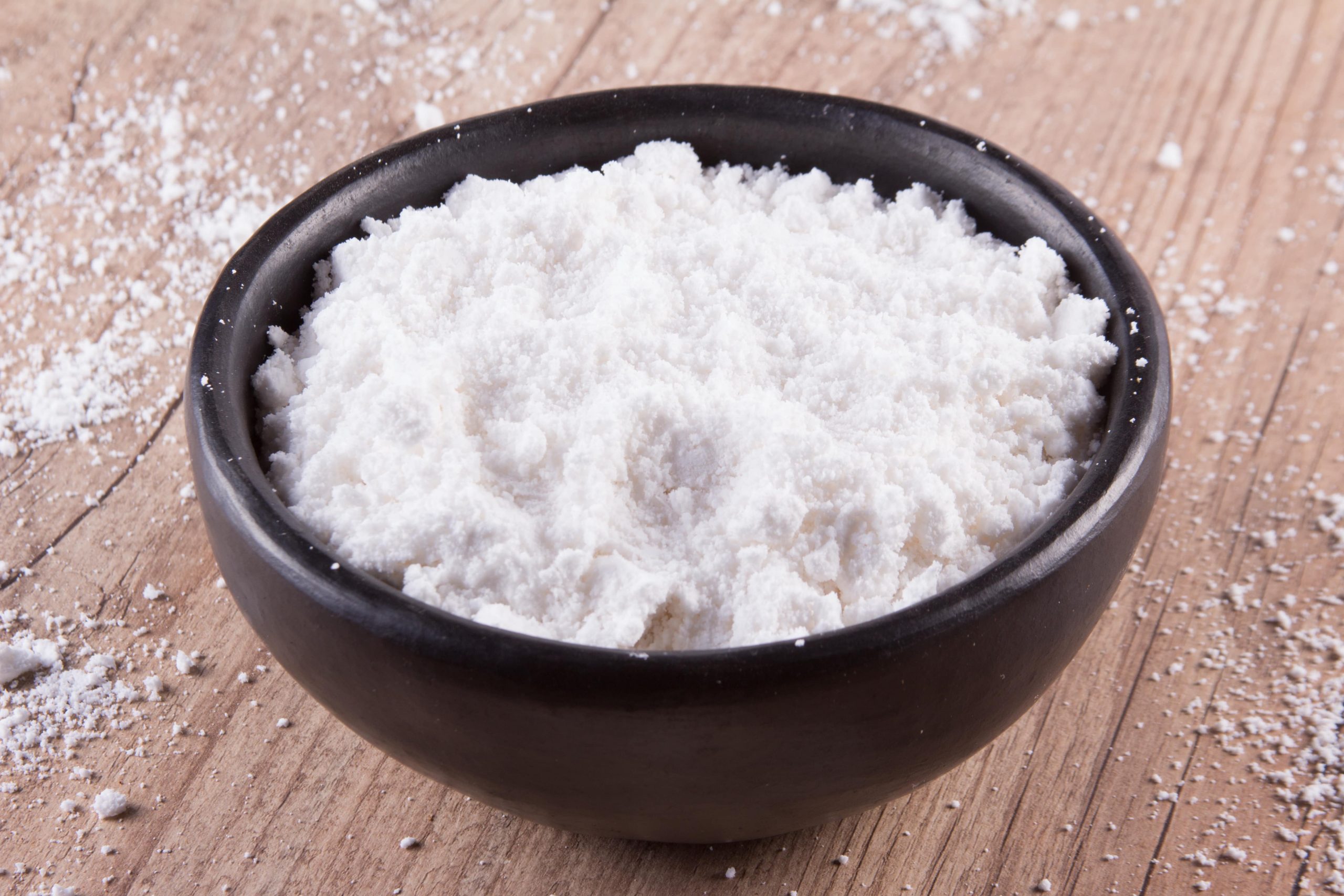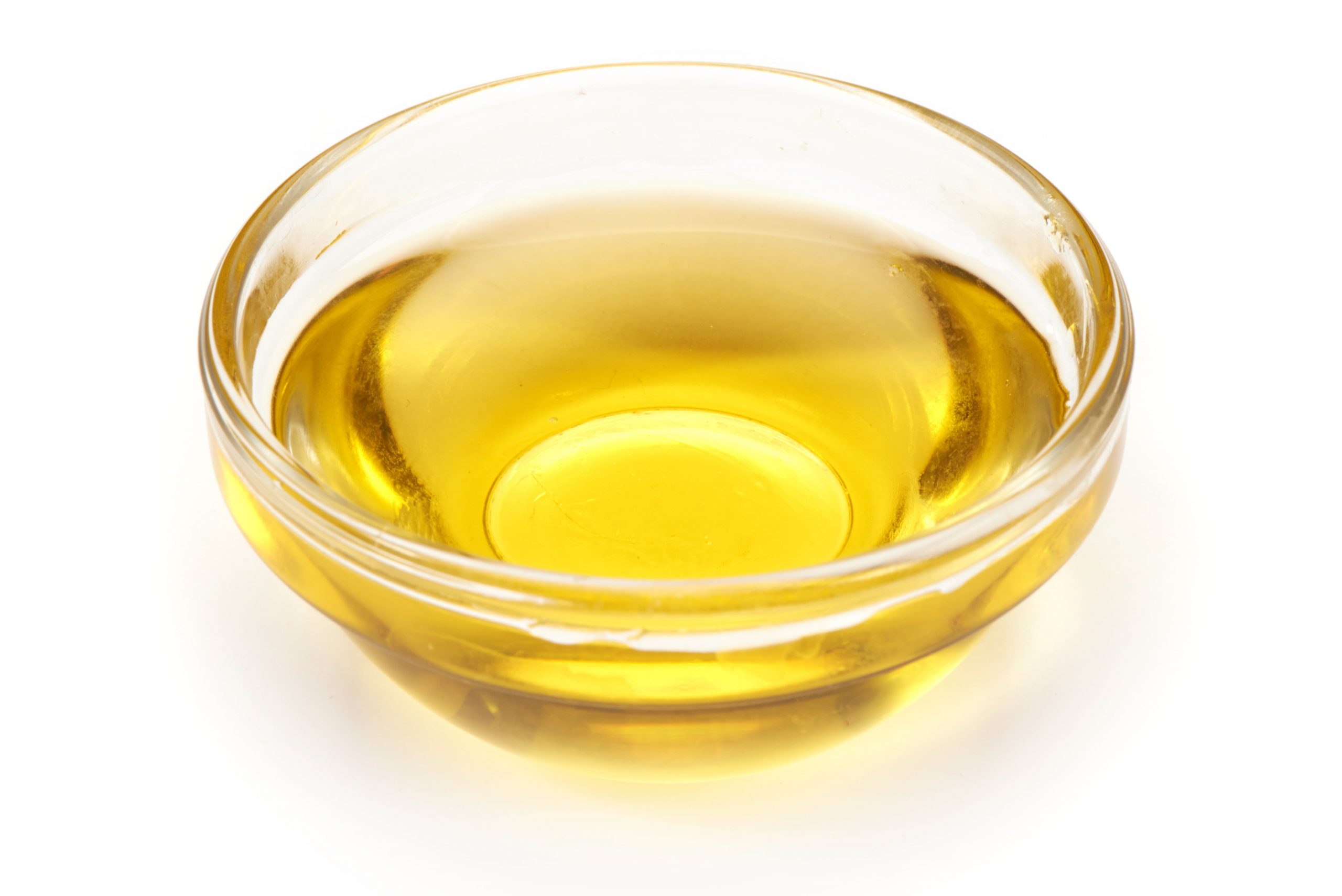A cow’s milk is a delicious and nutritious food one should include in their diet. Unfortunately, milk is not for everyone and so some may as well want to substitute it.
One challenge that many people face when they want to substitute milk or are about to give up on it, is difficulty in finding the best alternative. You need to be bothered no more. There are several alternatives for milk you can try, especially the non-dairy ones.
Nutritionally, milk contains 8 g of protein, 8 g of fat, and 149 calories in just one cup. Apart from containing vitamin D which is added by milk suppliers, milk also provides other nutrients and minerals like potassium and calcium.
If you are looking for the best substitute for milk, this article will let you choose from the available ones.
Reasons for substitution of Milk
Allergy to milk
Many children especially those who are below 3 years, are allergic to milk from the cow. They may present with vomiting, skin rashes, diarrhea, and anaphylaxis. Such allergies are overcome mostly at the age of 16.
Intolerant to Lactose
According to published studies, it estimated that about 75% of the population in the world is intolerant to lactose. This is the sugar present in milk. It is usually caused by a deficiency of an enzyme that digests lactose called lactase.
Dietary Restrictions
For specific reasons, such as religious, ethical, or health, some people choose not to consume animal products. For instance, Vegans, who completely don’t eat any product of animal including milk.
Factors to Consider When Substituting milk
Content of Calcium: cow’s milk usually contains high amount of calcium which is important for growth of strong bones and prevention of osteoporosis (a condition which bones become weak and fragile resulting from loss of tissue). When replacing it with non-dairy alternatives, go for those with 120 mg of calcium per 100 ml.
Added Sugar: Most suppliers of non-dairy milk alternatives usually add sugar for flavor and texture enhancement. It is wise to choose unsweetened brands.
Additives: Carrageenan is used in some non-dairy milk products as an additive to give them a thick and smooth texture.
Vitamin B12: Vitamin B12 plays a role in promoting brain health and boost the immune system. This vitamin naturally occurs in animal products. If you are replacing milk, choose the brands containing fortified vitamin B12.
Best Milk Substitutes
1. Almond Milk
This is an excellent alternative to milk. It is typically made by combining almond butter with water or just whole almond. Its flavor is kind of nutty and sweet with a light texture.
You can also add to coffee and tea, and combine it with smoothies then replace milk with it in baked foods or desserts. According to the Pacific Foods database, 240 ml of unsweetened almond milk is said to contain 2.5 g of fat, 2 g of carbs, 35 calories, and 1 g of protein.
2. Oat Milk
Oat milk is also used to replace milk. It is usually made by mixing oat and water. Although, salt, oils, and gums are added to make it tastier. It has a sweet flavor, and 240 ml of it contains up to 170 calories, 5 g of fat, 5 g of protein, 29 g of carbs, according to Pure Harvest. The number of calories in it is similar to that of milk from a cow but its amount of carbs doubles that of milk.
It contains beta-glucan and can help reduce the risk of heart disease since it reduces LDL cholesterol by binding to them thus inhibiting their absorption in the body.
3. Soy Milk
It is made with soy protein isolates or purely ground soybean powder. Its flavor is quite peculiar – creamy and mild. Mix it with coffee and replace milk with it in dishes of your preference.
Drinking one cup of unsweetened soy milk (240 ml) offers up to 90 calories, 4.5 g of fat, 9 g of protein, and 4 g of carbs. Soy milk also contains essential amino acids.
4. Quinoa Milk
It is simply made by mixing the seeds of quinoa and water. It is free of gluten and highly rich in proteins. Unfortunately, this alternative of cow’s milk is more expensive than others since it is new in the market.
It has a nutty and sweet flavor and can best replace milk in porridge. Consuming 240 ml of quinoa milk offers 12 g of carbs, 70 calories, 2 g of protein, and 1 g of fat. Its carb content is similar to that of cow’s milk. Since it is purely made from plants, it is thus suitable for vegans and vegetarians.
5. Macadamia Milk
This cow’s milk substitute is made particularly using Australian macadamia nuts. A large portion of it is mainly water up to 97% with the remaining part occupied with macadamia nuts.
It has a smooth and creamy flavor and doesn’t necessarily need to be combined with coffee. Drinking 240 ml of macadamia milk will supply you with up to 55 calories, 5 g of protein, 1 g of carbs, and 5 g of fat. Its carb and protein content is lower than that in cow’s milk.
6. Rice Milk
Made by mixing water with milled either white or brown rice. Its texture and taste are improved by adding thickeners. Of all the non-dairy milk options, rice milk is the least allergenic and you can thus use it if you are allergic to nuts, gluten, or soy.
In 240 ml of rice milk, there are about 140 calories, 3 g of fat, 1 g of protein, and 38 g of carbs. Carb content in milk doubles that in cow’s milk but has a similar amount of calories.
7. Cashew Milk
When cashew butter or cashew nuts are mixed with water, a nutty and sweet flavored cashew milk is generated. It substitutes milk in desserts especially when added to coffee. One cup of unsweetened cashew milk contains 50 calories, 1 g of protein, 4 g of fat, and 2 g of carbs.
Conclusion
For various reasons including allergy and dietary restrictions, many people avoid taking cow’s milk. Consider things like calcium content and vitamin B12 when choosing the best option of cow’s milk substitute. You can use cashew milk and macadamia milk among others to replace milk from a cow.
- Bell Peppers 101: Nutrition Facts and Health Benefits - April 19, 2024
- Products That Assist with Stress Relief - September 21, 2023
- TRÈFLE – THE ROAD TO THE 15TH - July 29, 2023









